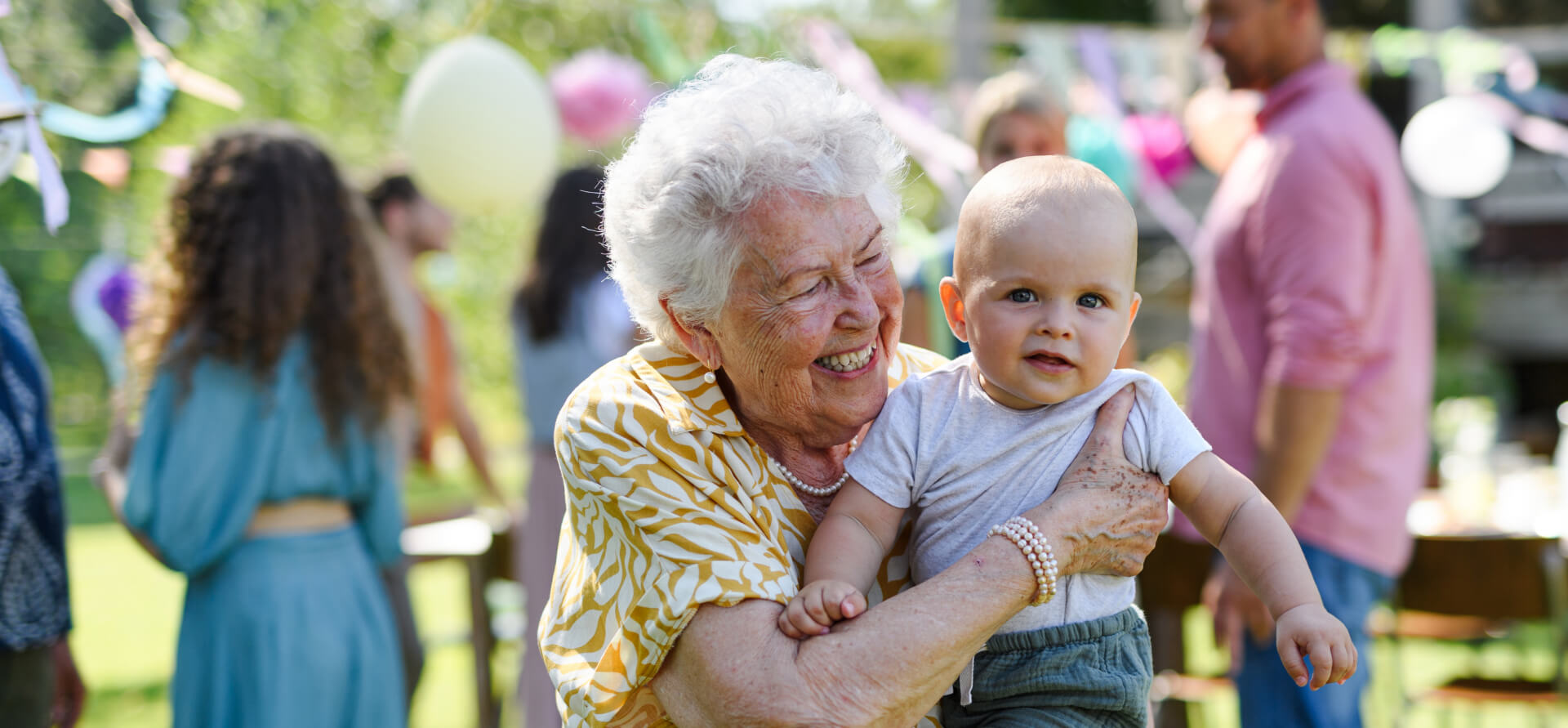Family Visits
12/23 Visiting is in accordance with the most recent guidelines by HPSC (Health Prevention Surveillance Centre).
Visiting Protocal
The overarching aim of our visiting protocol is to facilitate all visits to the home in a carefully organised, managed and supported way that ensures the safety of our residents, their visitors, and the nursing home team.
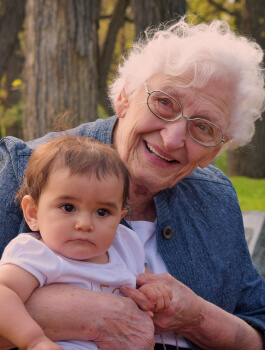
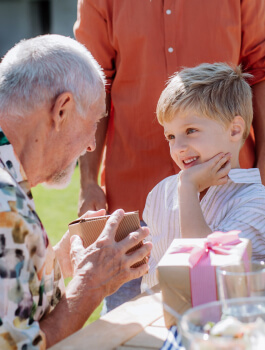
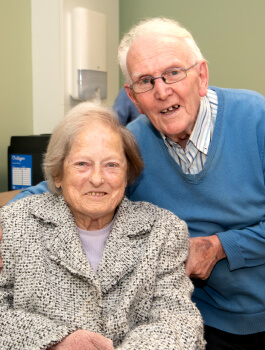
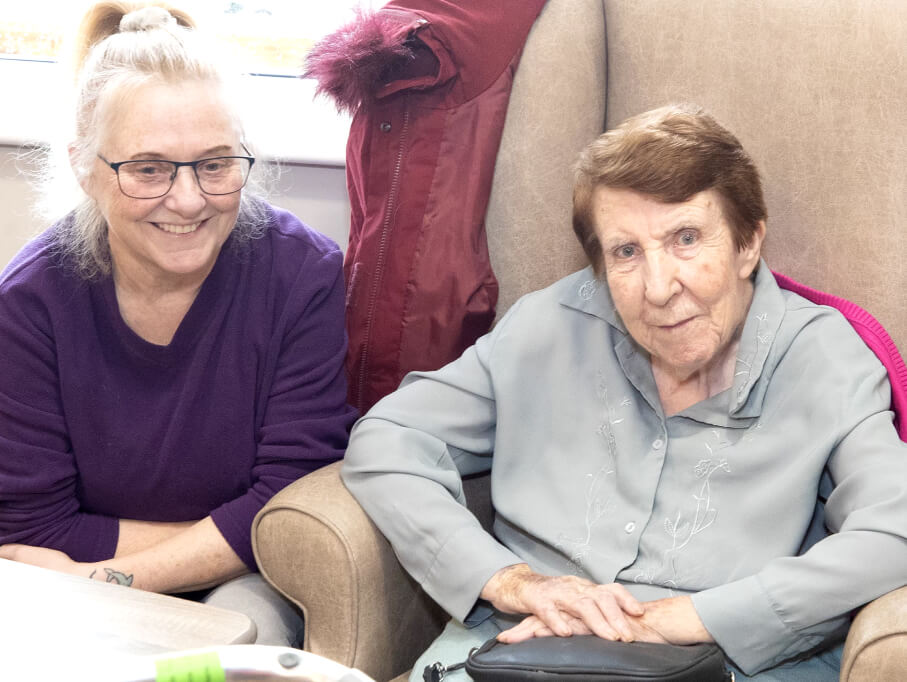
Open Visiting Policy
We operate an open visiting policy, facilitating residents to see visitors privately in their rooms or communal areas while maintaining privacy. Friends and family are encouraged to visit as though the resident were in their own home.
To ensure safety, please use the doorbell at the front entrance, and staff are available to assist if needed. Visits are welcomed at times preferred by the resident, who decides whom they wish to see.
We kindly ask visitors to respect residents’ mealtimes and bedtime. During meals, visitors may wait in the reception area unless the resident prefers assistance or company, which can be arranged in their room or another private area. Please discuss this with the nurse in charge.
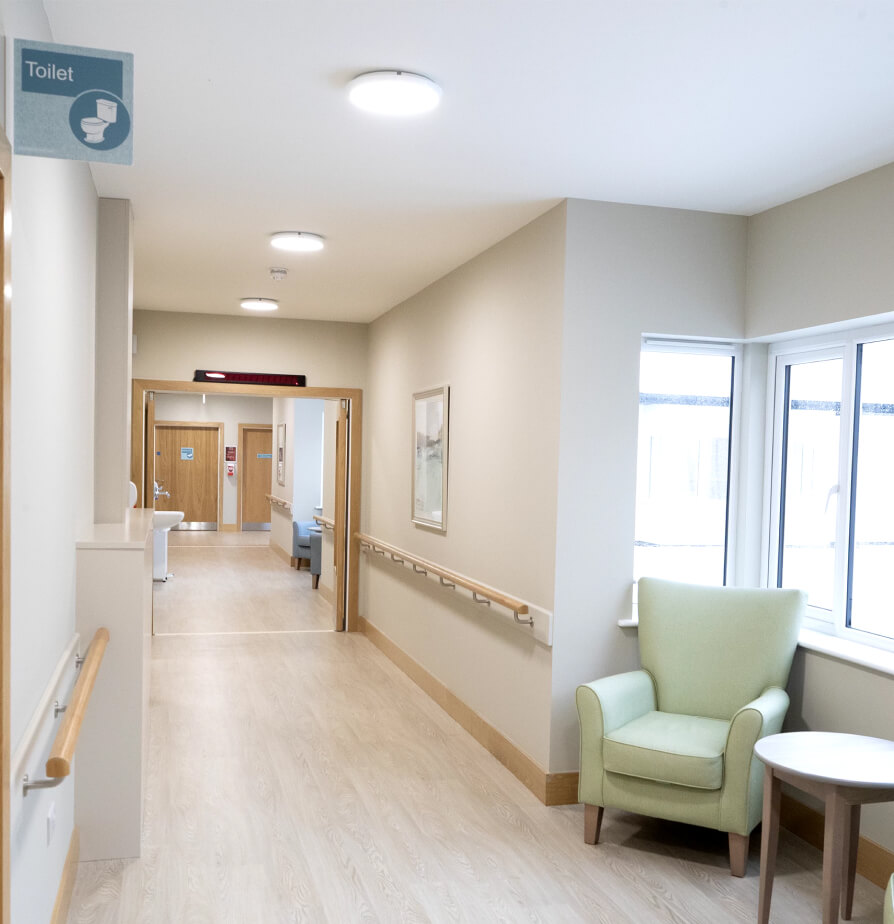
Safety Management Policy
Visitors are asked to follow infection control measures, including using hand sanitiser upon entering and leaving the centre, and to sign the visitor’s book for safety management.
Visiting restrictions may be imposed if visits pose a risk, the visitor has an infectious illness, or if requested by the resident.
Children under 18 must be accompanied by an adult.
Visit Restrictions
Visiting may be restricted under special circumstances:
- To protect the safety and security of the residents and their environment
- At the request of the resident
- At the request of the relatives if the resident is unable to make the decision
- When it is in the best interests of quality resident care e.g. Noro virus etc.
Families/visitors and residents are invited to avail of hot and cold drinks.



